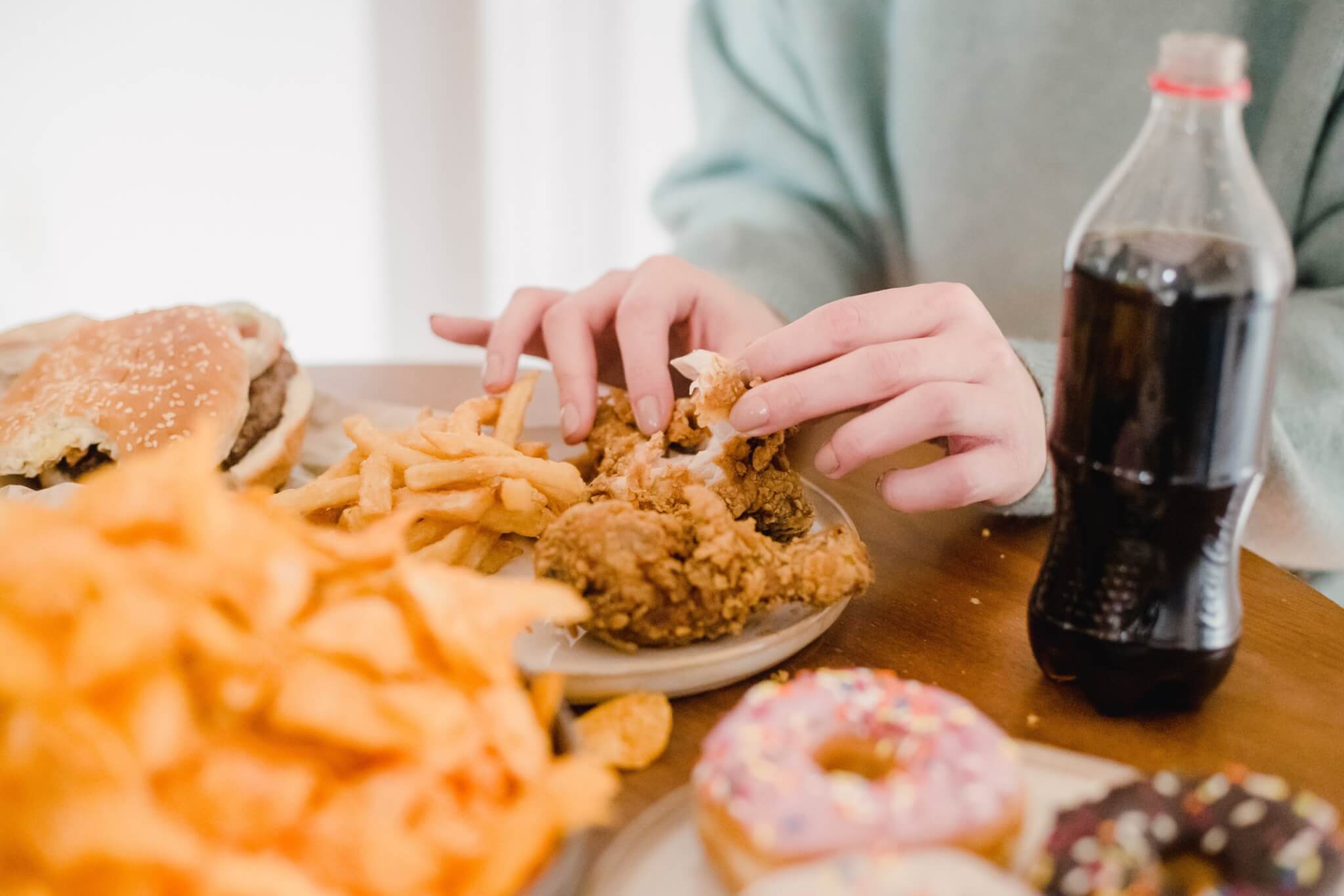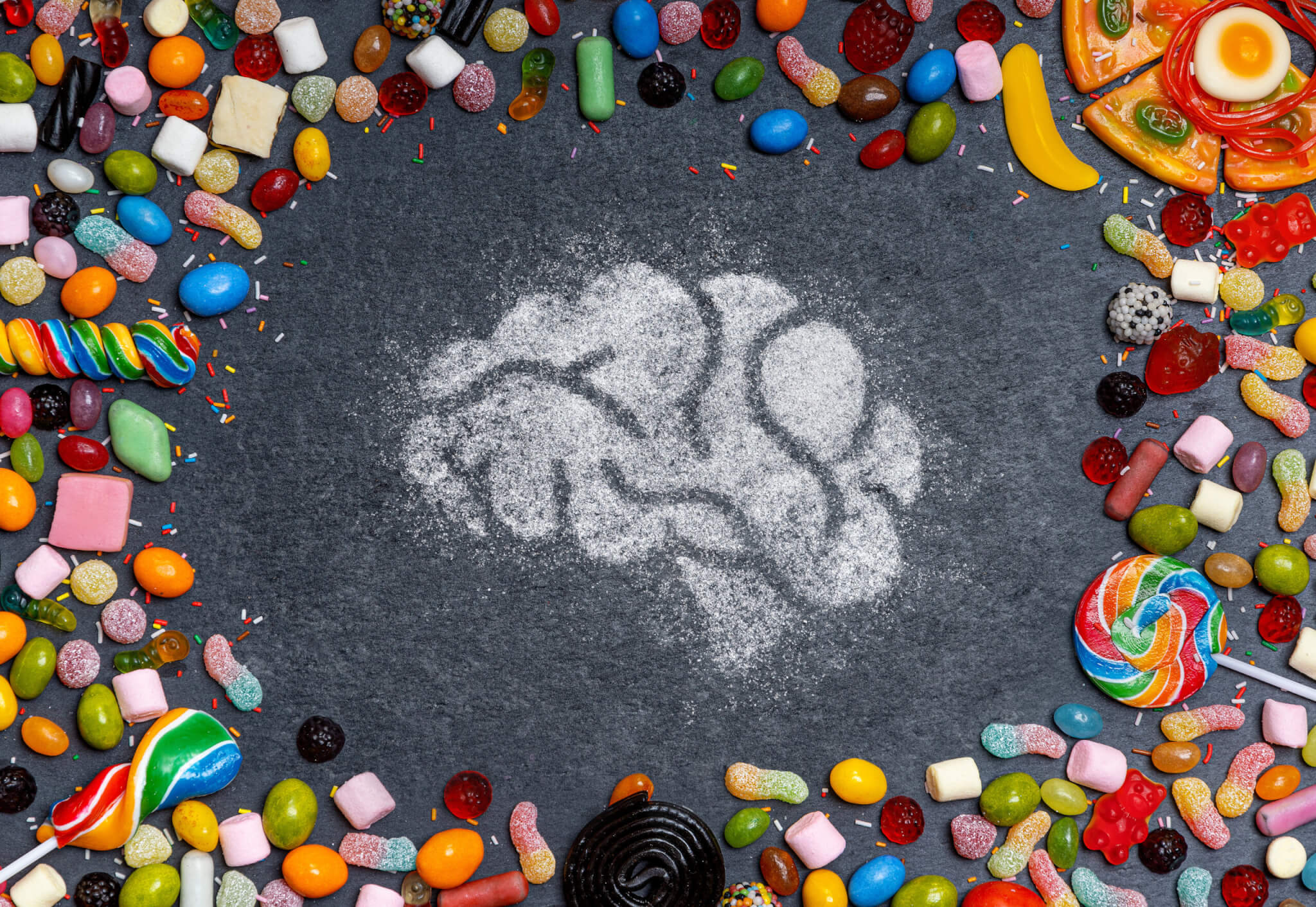SYDNEY — It’s often the small comforts in life that get us through hectic days and stressful nights, and for many people one of those comforts is the occasional high-calorie snack. New research out of Australia, however, may have you second guessing your next trip to the vending machine. Scientists at the Garvan Institute of Medical Research have found that when people combine stress with calorie-dense “comfort food,” it can actually spark changes in the brain that boosts cravings for sweets and other junk foods.
Such dietary choices, of course, can eventually lead to unhealthy excess weight gain. The research team reports that chronic stress can override the brain’s natural response to satiety (feeling full and satisfied), which can lead to non-stop reward signals promoting the consumption of more highly palatable food. This occurs in an area of the brain called the lateral habenula, which, when activated, usually dampens such reward signals.
“Our findings reveal stress can override a natural brain response that diminishes the pleasure gained from eating – meaning the brain is continuously rewarded to eat,” says Professor Herzog, senior author of the study and Visiting Scientist at the Garvan Institute, in a media release.
“We showed that chronic stress, combined with a high-calorie diet, can drive more and more food intake as well as a preference for sweet, highly palatable food, thereby promoting weight gain and obesity. This research highlights how crucial a healthy diet is during times of stress.”

While some people tend to eat less while stressed out, most tend to eat more than usual, choosing calorie-rich options high in sugar and fat. In an effort to better understand what drives these eating patterns, researchers analyzed a series of mouse models, focusing on how different areas in their brains responded to chronic stress while adhering to various diets.
“We discovered that an area known as the lateral habenula, which is normally involved in switching off the brain’s reward response, was active in mice on a short-term, high-fat diet to protect the animal from overeating. However, when mice were chronically stressed, this part of the brain remained silent – allowing the reward signals to stay active and encourage feeding for pleasure, no longer responding to satiety regulatory signals,” explains first study author Dr. Kenny Chi Kin Ip from the Garvan Institute.
“We found that stressed mice on a high-fat diet gained twice as much weight as mice on the same diet that were not stressed.”

Study authors also noted that at the center of the weight gain was a molecule called NPY, known to be produced by the brain in response to stress. When researchers blocked NPY from activating brain cells in the lateral habenula among stressed mice following a high-fat diet, the rodents ended up consuming less comfort food, ultimately gaining less weight.
Next, the research team conducted a “sucralose preference test,” which allowed the rodents to choose either water or water that had been artificially sweetened.
“Stressed mice on a high-fat diet consumed three times more sucralose than mice that were on a high-fat diet alone, suggesting that stress not only activates more reward when eating but specifically drives a craving for sweet, palatable food,” Prof. Herzog adds.
“Crucially, we did not see this preference for sweetened water in stressed mice that were on a regular diet.”
“In stressful situations it’s easy to use a lot of energy and the feeling of reward can calm you down – this is when a boost of energy through food is useful. But when experienced over long periods of time, stress appears to change the equation, driving eating that is bad for the body long term,” the study author continues.
All in all, the team says their findings point to stress as a critical regulator of eating habits capable of overriding the brain’s natural ability to balance energy needs.
“This research emphasizes just how much stress can compromise a healthy energy metabolism,” Prof. Herzog concludes. “It’s a reminder to avoid a stressful lifestyle, and crucially – if you are dealing with long-term stress – try to eat a healthy diet and lock away the junk food.”
The study is published in the journal Neuron.

